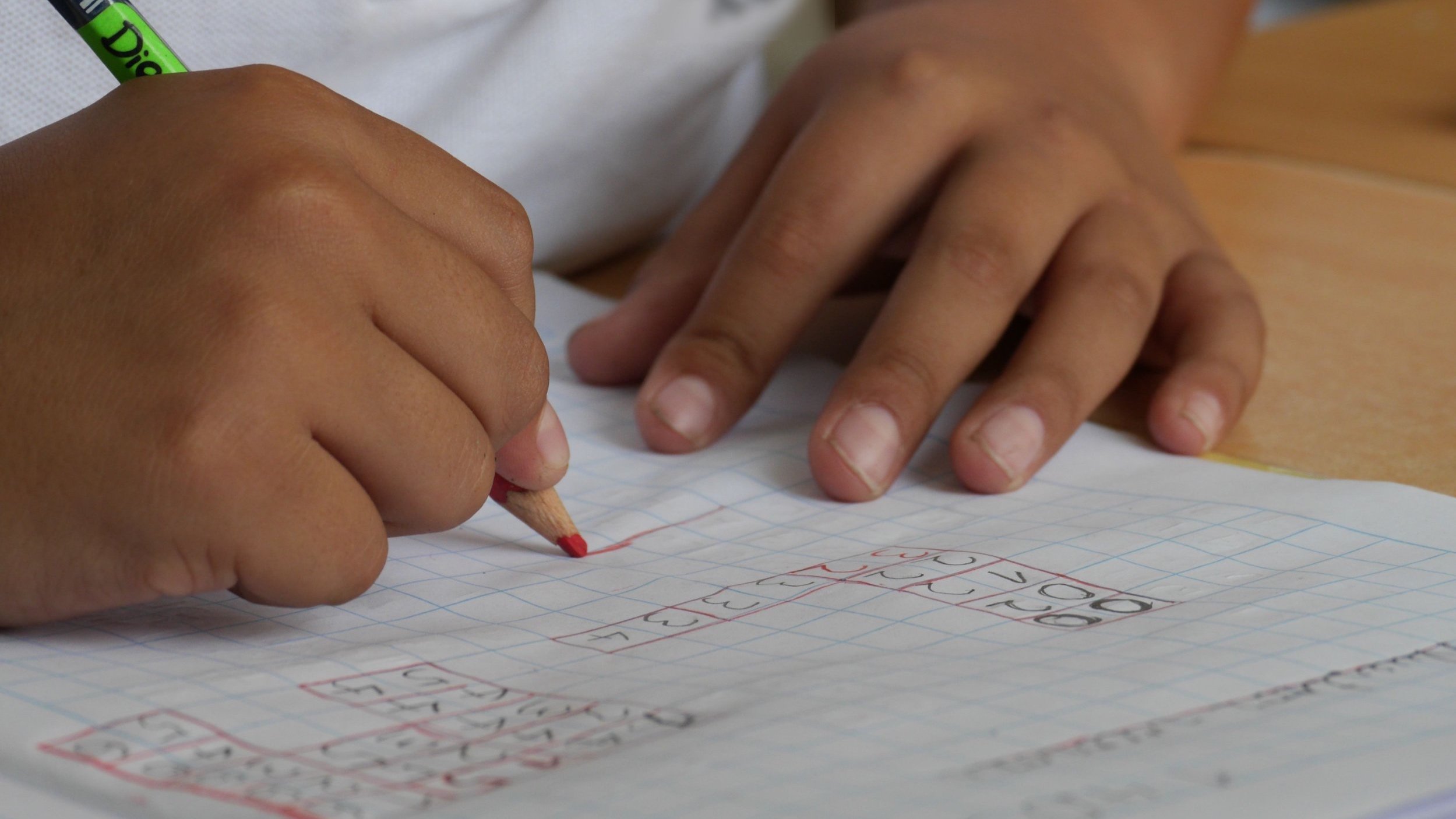the YALE LOGOS
an undergraduate journal of Christian thought.
search our writing:

Glass Marbles
March 18, 2022 | By Sharmaine Koh SM ‘22
“I cling to you; your right hand upholds me” (Psalm 63:8)
My fist is clenched, knuckles white, around a glass marble. I can feel the curve of my nails making indents like crescents on the palm of my hand. The tension rides up to my shoulders. I’m clinging to the marble as if my life depends on it, and somehow, in the strange logic of this nightmare, it does, because —

The Waiting and the Wailing
March 14, 2022 | By Karis Ryu YDS’23
To believe in Jesus Christ is to believe in the God-man sent to die for the healing and renewal of the Creator’s world: to believe in suffering and healing, hand in hand. We must feel sorrow in order to also feel the necessity, impact, and joy of Jesus Christ’s act of ultimate and utter service when it comes—over and over again.

Clarity in Psychological Healing: A Conversation with Professor Elizabeth Mancuso
January 20, 2022 | Hannah Turner BK ‘23+1
Life is inherent to our being. While rich with opportunities for great love, life is also rich with the possibility of great hurt. In this life, it is natural for people to distinguish such experiences as good or bad—often honoring one and desiring to stray from the other. This is exemplified in interpersonal relationships, from those between husband and wife to between two children at school. Society today seems to concentrate on the moments of great love but encourages passing by great hurt as quickly as possible. There is no time spent validating feelings, or addressing the why behind negative sentiments—especially for men. The field of psychology, however, recognizes the nuance in these situations while maintaining the importance of attending to problems that may arise.

Why We Don’t Say What We Mean
January 20, 2022 | By Serena Puang DC ‘22+1
I grew up in Arkansas, but for most of the last eight months, I’ve lived with my aunt and grandma in Taiwan. This lent itself to more than a few moments of culture shock and miscommunication. For the first two months, I felt like no one at church or in my ballroom dancing club wanted to be my friend. I would say hi and try to make conversation, but it always felt one sided.
These interactions led me to conclude that Taiwanese people, in general, were not friendly. After all, if a new person had showed up at my church/school/club meeting, I would never treat them that way. Was there something wrong with me? What was I doing that was putting people off?

Numbers Be Damned
January 20, 2022 | By Shi Wen Yeo MC ‘23
Memory is like a haze that gradually sharpens into focus as one grows up. One of my earliest, albeit haziest, memories is of Saturday afternoons when I was nine years old. For any child that age, Saturday afternoons were synonymous with pee-wee baseball games, time spent hanging from tree castles or playing in the sand. For me, Saturday afternoons were the longest afternoons of the week. Instead of basking in the gentle sunshine, I spent those afternoons suffocated by harsh, luminous lights that dangled from the ceilings of my “tuition center.” And I was not the only one.

The Case for AlphaZero: Openings and Pawn Progression
January 20, 2022 | By Timothy Han SM ‘22
On December 6, 2017, AlphaZero, a new chess program developed by Google, changed the world. AlphaZero made its world premier in a match against Stockfish, the most dominant algorithm in chess history. Ever since IBM’s DeepBlue defeated world champion Garry Kasparov in 1997, engines have reigned supreme over humans in the world of chess. Stockfish, the latest in a long line of formidable chess algorithms, could evaluate 70 million moves per second; AlphaZero could only manage 80,000. An open-source program that has been ceaselessly improved since its debut in 2004, Stockfish came armed with countless formulas, strategies, and even endgame sequences to plan for every contingency.
Upcoming Events:
-
Weekly Dinner Meetings
TUESDAYS 5-7PM, BK North Court Seminar
Discuss with us what it means to think Christianly and write for our publication.


